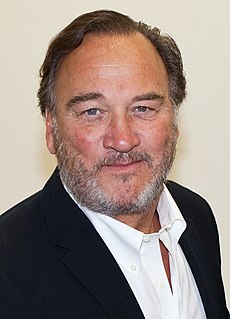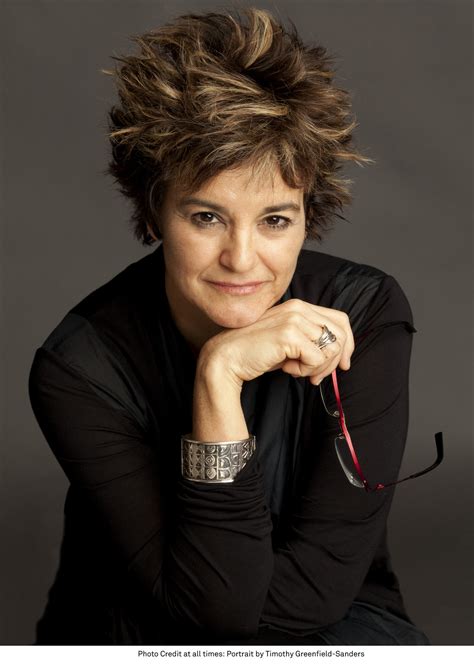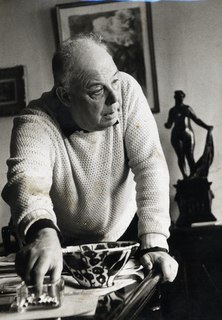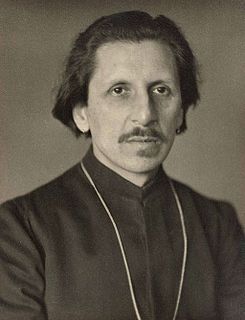A Quote by Paul Virilio
The cinema was certainly an art, but television can't be, because it is the museum of accidents. In other words, its art is to be the site where all accidents happen. But that's its only art.
Related Quotes
Accidents happen, whether they're car accidents, friendly fire, drug overdoses. Accidents happen, and they're tragic. It's like a bomb that goes off and pieces of shrapnel rip into the flesh of the family. It's the families that need the compassion, because everywhere they walk, every day, someone reminds them of their loss.
There's a theory of accidents that I studied when I was making a film about nuclear weapons: you can never eliminate accidents, because the measures you introduce to prevent accidents actually produce more accidents. That's certainly true of this sport; you're flying over 40 feet of what might look like snow, but it's hard as ice, it's as hard as pavement. You're doing acrobatic spins and tricks, 40 feet above pavement, essentially. There's been more accidents since, and there are going to continue to be more accidents, that's the nature of the sport.
To the question, ‘Is the cinema an art?’ my answer is, ‘what does it matter?’... You can make films or you can cultivate a garden. Both have as much claim to being called an art as a poem by Verlaine or a painting by Delacroix… Art is ‘making.’ The art of poetry is the art of making poetry. The art of love is the art of making love... My father never talked to me about art. He could not bear the word.
Do not ride in cars: they are responsible for 20% of all fatal accidents. Do not stay at home: 17% of all accidents occur in the home. Do not walk on the streets or pavements: 14% of all accidents occur to pedestrians. Do not travel by air, rail, or water: 16% of accidents happen on these. Only .001% of all deaths occur in worship services in church, and these are usually related to previous physical disorders. Hence the safest place for you to be at any time is at church!
What I never wanted in art - and why I probably didn't belong in art - was that I never wanted viewers. I think the basic condition of art is the viewer: The viewer is here, the art is there. So the viewer is in a position of desire and frustration. There were those Do Not Touch signs in a museum that are saying that the art is more expensive than the people. But I wanted users and a habitat. I don't know if I would have used those words then, but I wanted inhabitants, participants. I wanted an interaction.
Cinema is a kind of pan-art. It can use, incorporate, engulf virtually any other art: the novel, poetry, theater, painting, sculpture, dance, music, architecture. Unlike opera, which is a (virtually) frozen art form, the cinema is and has been a fruitfully conservative medium of ideas and styles of emotions.
Warhol and other Pop artists had brought the art religion of art for art's sake to an end. If art was only business, then rock expressed that transcendental, religious yearning for communal, nonmarket esthetic feeling that official art denied. For a time during the seventies, rock culture became the religion of the avant-garde art world.
Along the (writing) way accidents happen, detours get taken... But these are not "divine" accidents; I don't believe in those. I believe you have constructive accidents en route through a novel only because you have mapped a clear way. If you have confidence that you have a clear direction to take, you always have confidence to explore other ways; if they prove to be mere digressions, you'll recognize that and make the necessary revisions. The more you know about a book, the freer you can be to fool around. The less you know, the tighter you get.





































